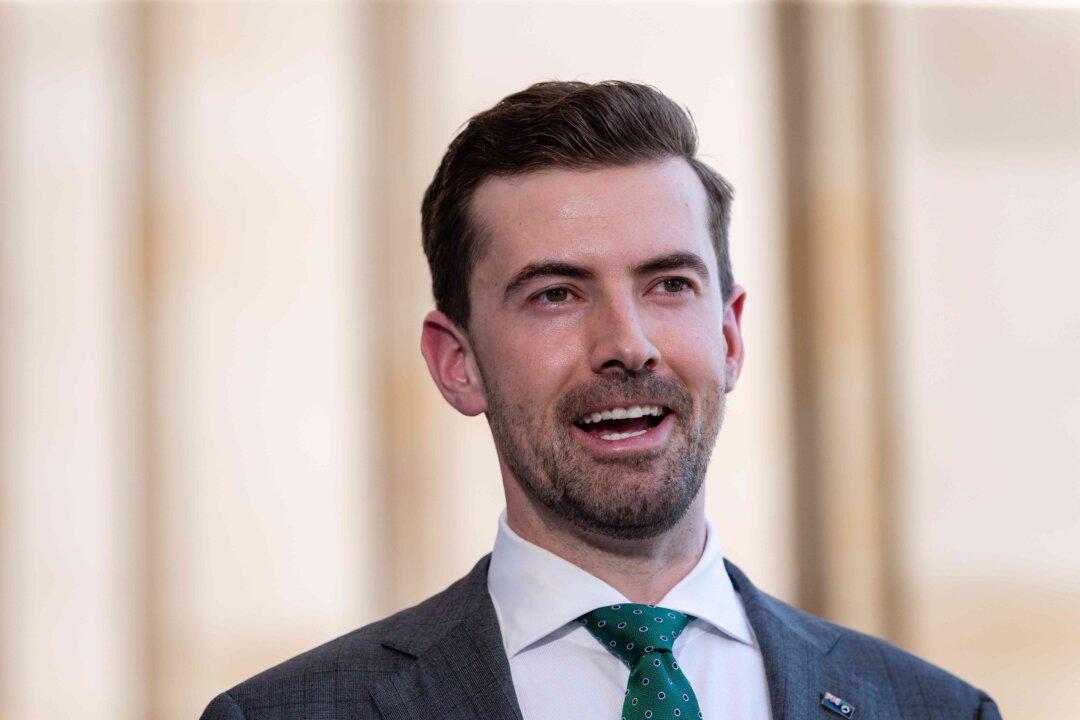Analysis
Labor’s stunning victory in Western Australia—more than any other in the state’s history— was driven by a tandem of a weak, inexperienced Liberal Party and dangerously deified Labor leadership, independent candidates say.

Labor’s stunning victory in Western Australia—more than any other in the state’s history— was driven by a tandem of a weak, inexperienced Liberal Party and dangerously deified Labor leadership, independent candidates say.